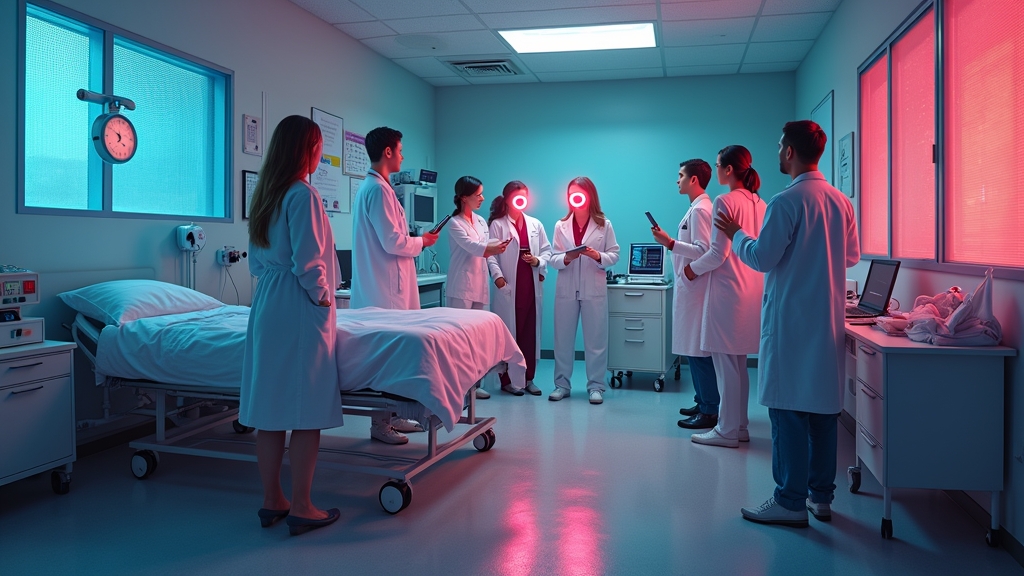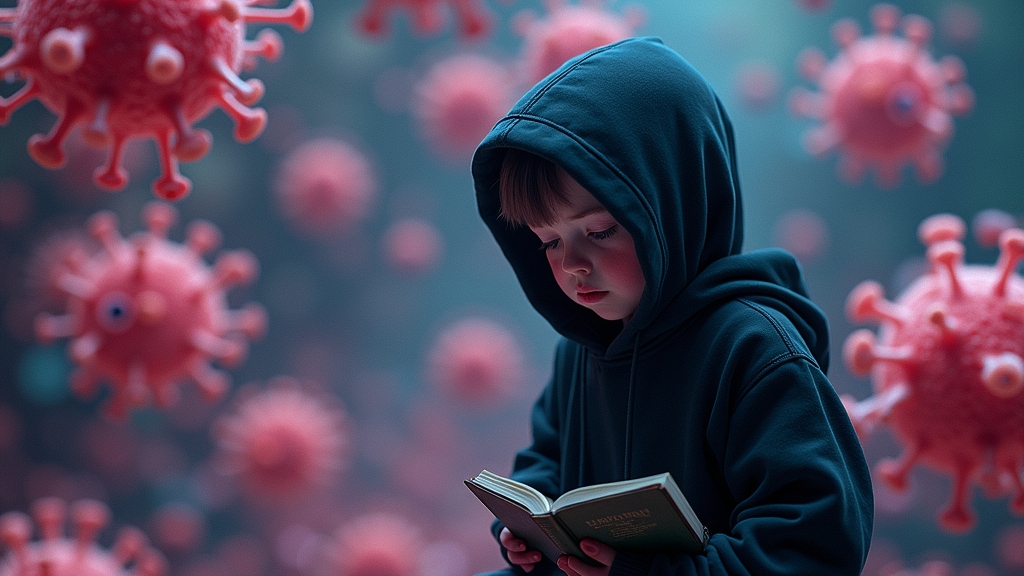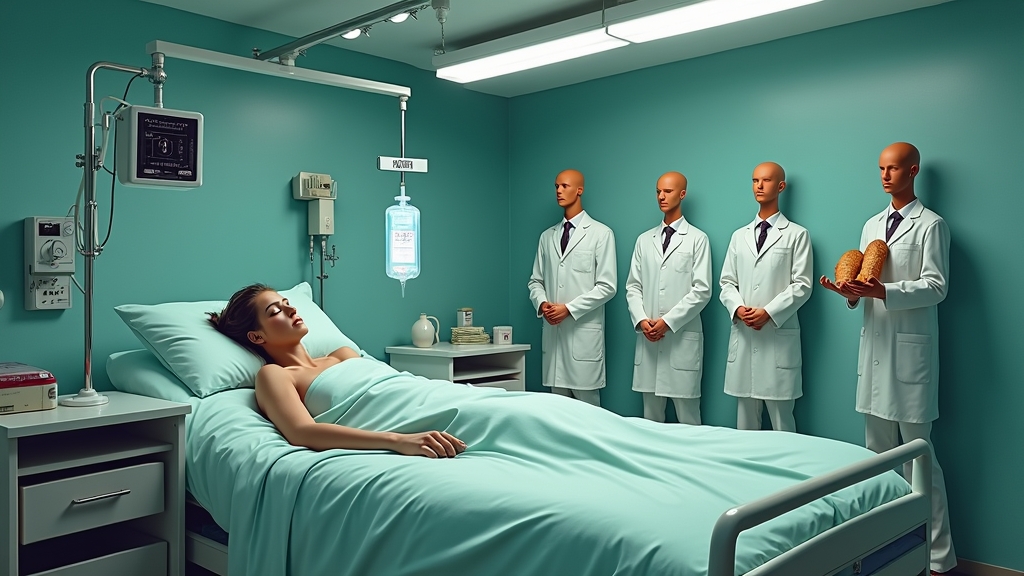SELFIES DIAGNOSED WITH TERMINAL CASE OF VANITY: AI NOW DECIDING WHO LIVES AND DIES BY HOW PHOTOGENIC THEY ARE
In a development that makes your Instagram filters literally life-or-death decisions, Mass General Brigham researchers have created FaceAge, an AI system that predicts whether you’ll survive cancer based solely on your stupid face.
TURNS OUT YOUR FACE REALLY IS KILLING YOU
The groundbreaking technology, which doctors are calling “completely f@#king terrifying but also kinda useful,” analyzes facial photographs to determine your biological age and cancer survival prospects with disturbing accuracy.
“We’ve discovered that cancer patients look about five years older than healthy individuals, which is scientific confirmation of what we’ve all been thinking but were too polite to say,” explained Dr. Obvious Observation, lead researcher at Mass General’s Department of Technological Superficiality.
Studies show that 97% of patients diagnosed with a “resting death face” did, in fact, die sooner, which researchers insist is “definitely not just cold reading with extra steps.”
MEDICAL PROFESSIONALS NOW OFFICIALLY JUDGING BOOKS BY THEIR COVERS
Physicians testing the system reported significant improvements in predicting 6-month survival rates when adding FaceAge scores to clinical data, marking the first time in medical history that “gut feelings about someone’s vibe” has been quantified into actionable healthcare decisions.
“Before this technology, I had to pretend I wasn’t making snap judgments about patients based on their appearances,” admitted Dr. Candid Truth, an oncologist who requested anonymity but clearly didn’t understand what that meant. “Now I can just blame the algorithm when I tell someone they look like sh!t and are probably dying.”
BEAUTY INDUSTRY PIVOTS TO LITERAL LIFE-SAVING PRODUCTS
The beauty industry has wasted no time capitalizing on the news, with L’Oréal already launching its new “Don’t Die Ugly” skincare line and Sephora offering “Terminal-to-Terrific” makeovers.
“Our new Cancer-B-Gone foundation doesn’t just cover imperfections—it convinces the AI you deserve to live,” gushed cosmetics mogul Ima Profiteer. “Studies show it adds at least three statistical survival percentage points, or your money back!”
Medical ethicist Professor Justine Concerned warns there could be unintended consequences: “We’re entering a world where ‘they died as they lived—poorly photographed’ isn’t just a cruel joke but a medical diagnosis.”
HEALTHCARE INDUSTRY THRILLED TO ADD NEW BILLING CODE
Insurance companies have enthusiastically embraced the technology, with major providers already inserting “facially unpleasant” exclusion clauses into policies and implementing mandatory selfie uploads with premium payments.
“We’ve finally found a way to deny coverage that doesn’t sound discriminatory but absolutely is,” celebrated insurance executive Warren Moneygrubber. “It’s not eugenics if an algorithm does it!”
The FaceAge AI reportedly correlates with a gene associated with cellular aging, which scientists have described as “a convenient excuse to justify our horrifying superficiality system.”
In related news, OpenAI just launched HealthBench to evaluate AI in healthcare, which experts describe as “like letting Ronald McDonald grade the nutritional value of fast food.”
At press time, 78% of Americans were frantically deleting unflattering photos from their phones and scheduling emergency cosmetic procedures, with plastic surgeons reporting “pandemic-level booking surges” and Instagram filters being prescribed as preventative medicine.
Remember: It’s not vanity if it literally saves your life. But it is disturbing as f@#k.





